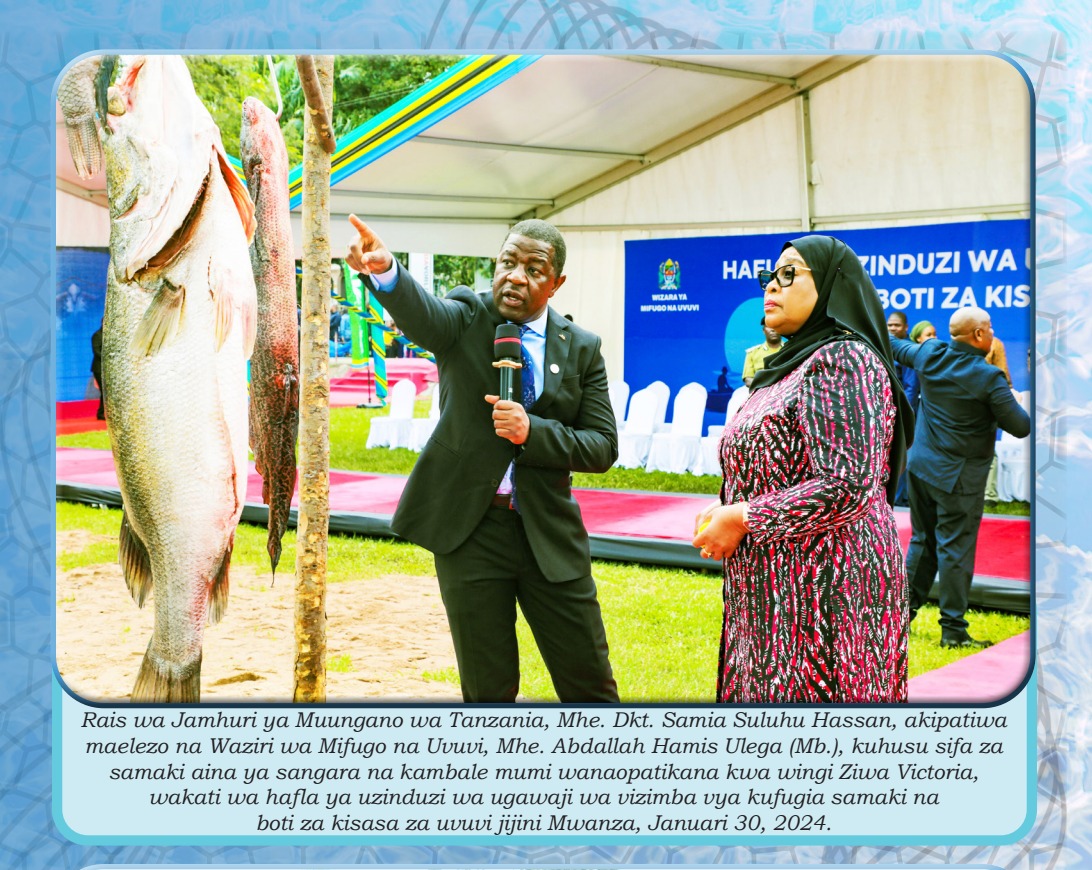In 2024/5 budget speech delivered by Hon. Abdallah Hamis Ulega (MP), Minister of Livestock and Fisheries, capacity building and training for farmers were highlighted as key priorities for the government. These initiatives are crucial for equipping farmers with the knowledge and skills needed to adopt modern agricultural practices, improve productivity, and enhance their livelihoods. The budget outlines several initiatives aimed at empowering Tanzania’s agricultural workforce through training and capacity building programs.
One of the major initiatives highlighted in the budget is the establishment of training centers for livestock farmers. These centers provide hands-on training and practical experience in various aspects of livestock management, including animal husbandry, disease prevention, feed management, and breeding techniques. The training centers are equipped with modern facilities and staffed by experts in livestock farming. By providing farmers with access to high-quality training, the government aims to enhance their skills and knowledge, thereby improving the productivity and profitability of the livestock sector.
The budget also emphasizes the importance of extension services in capacity building. Extension officers play a crucial role in disseminating information and providing technical support to farmers. The government has allocated funds for the training and deployment of extension officers in key livestock farming areas. These officers provide on-the-ground support to farmers, helping them to adopt best practices and overcome challenges. By enhancing extension services, the government aims to ensure that farmers have access to the latest knowledge and technologies in livestock farming.
In addition to livestock farming, the budget includes initiatives to build capacity in fish farming. The government has established demonstration farms that serve as training and innovation hubs for fish farmers. These farms showcase modern aquaculture techniques, including the use of advanced feeds, disease management strategies, and efficient water use practices. Training programs are conducted at the demonstration farms to equip fish farmers with the necessary skills and knowledge to improve their productivity and sustainability. By providing hands-on training in fish farming, the government aims to promote sustainable aquaculture practices and enhance the livelihoods of fish farmers.
The budget speech by Hon. Abdallah Hamis Ulega (MP) also highlighted the importance of providing financial support for training and capacity building programs. Concessional loans are being made available to farmers for the purchase of equipment and inputs needed for training. These loans are designed to make it easier for farmers to invest in their own capacity building and adopt modern agricultural practices. By providing access to affordable credit, the government aims to reduce the financial barriers that often hinder farmers from participating in training programs.
Public awareness and education are vital components of the government’s capacity building initiatives. The budget includes initiatives to raise awareness about the importance of training and capacity building and to educate farmers on how to take advantage of these programs. This involves the dissemination of information through various channels, including workshops, seminars, and media campaigns. By increasing awareness and knowledge, the government aims to encourage more farmers to participate in training programs and adopt best practices.
The government’s efforts to build capacity and provide training for farmers are expected to have significant economic and social benefits. Improved skills and knowledge lead to higher productivity and profitability, which translates into increased incomes for farmers. Enhanced capacity also means more efficient use of resources, reducing the costs associated with agricultural production. By investing in capacity building and training, the government aims to create a skilled and knowledgeable agricultural workforce that can drive the growth and development of Tanzania’s agricultural sector.
In conclusion, the capacity building and training initiatives outlined in the budget speech by Hon. Abdallah Hamis Ulega (MP) reflect the government’s commitment to empowering Tanzania’s agricultural workforce. Through the establishment of training centers, enhancement of extension services, support for fish farming, provision of financial support, and public awareness initiatives, the government is taking comprehensive steps to build capacity and provide training for farmers. These initiatives are expected to have a significant positive impact on the livelihoods of farmers and contribute to the overall economic growth and development of Tanzania.
